Introduction
Downloading content through torrents, whether it's music, movies, or software, has been a subject of debate for years. While torrenting itself is not illegal, downloading copyrighted material without permission is against the law in many countries. The history of digital file sharing dates back more than two decades when the internet provided users with the ability to share and download files freely.
The Beginning of Digital File Sharing
The foundation of digital file sharing was laid by Napster, a peer-to-peer (P2P) file-sharing service launched in 1999 by Shawn Fanning and Sean Parker. Napster allowed users to share MP3 files directly with others, revolutionizing music distribution. Within a short time, it amassed over 80 million users. However, due to copyright concerns, it was shut down in 2001 following legal action from the music industry.
Advantages and Disadvantages of Napster
- Advantages: Allowed users to access rare and out-of-print music that was otherwise unavailable in the market.
- Disadvantages: Widespread piracy resulted in losses for artists and record labels, leading to its shutdown.
The Rise of Torrents and P2P Networks
Although Napster was shut down, other platforms like LimeWire, Kazaa, and BitTorrent emerged. BitTorrent technology allowed users to download files in fragments from multiple sources, making downloads faster and more efficient. This technology was widely adopted by platforms such as The Pirate Bay and RARBG, which became infamous for providing access to copyrighted content for free.
Legal Streaming Services as an Alternative
With the growth of legal streaming services like Netflix, Spotify, and Amazon Prime, users now have affordable and legal options to access digital content. These platforms provide high-quality entertainment while compensating artists and creators fairly.
Comparison: Torrenting vs. Legal Streaming
| Feature | Torrenting | Legal Streaming |
|---|---|---|
| Cost | Free (but illegal for copyrighted content) | Subscription-based (affordable and legal) |
| Security | Risk of malware and viruses | Secure and verified content |
| Legality | Illegal for copyrighted content | 100% legal |
| Quality | Varied (often low-quality or compressed files) | High-definition and lossless audio/video |
Understanding Copyright Laws
Many countries have strict copyright laws to prevent unauthorized sharing and downloading of protected content. In the United States, the Digital Millennium Copyright Act (DMCA) was introduced in 1998 to regulate digital copyright issues.
What is the DMCA?
The DMCA is a law that protects copyright holders in the digital age. It includes three main provisions:
- Prohibiting the creation and distribution of technology designed to bypass copyright protections.
- Imposing strict penalties for copyright infringement.
- Limiting the liability of internet service providers (ISPs) and website owners for user-uploaded content.
How DMCA Affects Downloading
If a website hosts copyrighted material without permission, the copyright owner can issue a DMCA takedown request, requiring the website to remove the content. This is commonly seen on YouTube when videos get removed due to copyright claims.
Penalties for Copyright Infringement
Violating copyright laws can result in severe penalties, including:
- Civil Penalties: Fines up to $2,500 per infringement.
- Criminal Penalties: Fines up to $500,000 and up to 5 years in prison for first-time offenders.
- Repeat Offenders: Fines up to $1 million and up to 10 years in prison.
Practical Advice for Avoiding Copyright Infringement
To stay on the right side of the law, consider the following tips:
1. Use Legal Streaming Services
Instead of downloading illegal torrents, use legitimate platforms like Netflix, Disney+, Apple Music, or Spotify. These services offer affordable plans and ensure that creators get paid for their work.
2. Look for Free Legal Content
Some platforms provide free, legal downloads. Examples include:
- Internet Archive – Free movies, books, and music.
- Jamendo – Free music from independent artists.
- Crunchyroll – Free anime streaming with ads.
3. Read the Terms of Use
Before downloading or sharing content, check the copyright policies to ensure compliance with the law.
4. Avoid Suspicious Websites
Many illegal torrent websites contain malware, which can harm your computer and steal personal data. Always download content from reputable sources.
5. Support Content Creators
By purchasing or subscribing to legal content providers, you help sustain the entertainment industry and encourage artists to create more quality content.
Conclusion
While torrents and P2P sharing offer a way to access content for free, downloading copyrighted material without permission is illegal and comes with serious risks. With affordable and legal streaming services available today, there is little justification for engaging in piracy. Staying informed about copyright laws and making ethical choices ensures that we respect creators while enjoying high-quality content legally.
The Net Act and The Computer Fraud and Abuse Act
Understanding The Net Act
The Net Act (No Electronic Theft Act) is a crucial law designed to combat online piracy and protect copyright holders. Despite being relatively short, this law, passed in 1997, plays a significant role in regulating digital theft. The act specifically targets cases where copyrighted material is illegally copied and distributed, whether for profit or free of charge. The primary objective of this legislation is to curb the unauthorized sharing of music, video games, movies, and software, ensuring that creators and industries do not suffer losses due to piracy.
Key Provisions and Classification
The Net Act categorizes copyright infringement into two levels based on the value and extent of the violation:
- Lower Category: This includes cases where the total value of the copyrighted material copied and distributed is at least $1,000.
- Higher Category: This applies when the copied material is valued at $2,500 or more, and at least 10 copies are distributed within a span of 180 days.
An important aspect of the law is that a person can be prosecuted even if they did not make a profit from the infringement. For example, if someone uploads copyrighted music and 100 people download it, each download adds to the total violation value, potentially leading to severe legal consequences.
Penalties Under The Net Act
Violations under the Net Act come with strict punishments, including both financial penalties and imprisonment:
- Lower Category: Up to $100,000 in fines and a maximum of one year in jail.
- Higher Category: Fines of up to $250,000 and imprisonment for up to five years.
In addition to criminal penalties, copyright holders can file civil lawsuits to claim damages for the unauthorized distribution of their content.
Understanding The Computer Fraud and Abuse Act (CFAA)
The Computer Fraud and Abuse Act (CFAA) was initially enacted in 1986 to address hacking-related crimes. Over the years, multiple amendments have expanded its scope, making it a critical legal tool in combating cybercrimes such as identity theft, unauthorized access to sensitive data, and cyber fraud. The CFAA grants the government broad authority to take action against activities that pose a threat to national security, banking systems, businesses, and individuals.
Key Provisions of CFAA
The CFAA is primarily designed to target hacking activities, but its broad interpretation means it can be applied to various online offenses, including:
- Unauthorized access to computer systems.
- Data theft and information breaches.
- Using someone else's credentials to log into an account.
- Spreading malware or other malicious software.
- Obtaining digital information illegally and sharing it with others.
Interestingly, even individuals who are not directly involved in hacking can be prosecuted under CFAA. For instance, if a friend illegally downloads copyrighted movies or software and shares them with someone, the recipient could also face legal consequences under this law.
Account Name Violations
Another lesser-known aspect of the CFAA is its provision regarding account usage. If a person creates an online account using a false name or misleading information, they could technically be in violation of the CFAA. This has led to legal debates about how broadly the law should be applied in cases where individuals use pseudonyms or alternate identities online.
Penalties Under CFAA
Violations of the CFAA carry severe penalties, which vary depending on the nature and severity of the crime:
- For a first-time offense, penalties can include up to five years in prison and significant fines.
- Repeat offenses can result in life imprisonment in extreme cases.
- Fines can range from a few thousand dollars to millions, depending on the scale of the cybercrime.
Practical Advice on Avoiding Violations
Given the strict penalties associated with both the Net Act and CFAA, individuals and businesses should take the following precautions to ensure compliance with the law:
1. Avoid Piracy and Unauthorized Sharing
Never download, share, or distribute copyrighted content without proper authorization. Always use legal platforms such as Spotify, Netflix, or licensed software providers.
2. Use Strong Cybersecurity Measures
To prevent unauthorized access to personal or corporate data, use strong passwords, enable multi-factor authentication, and keep your software updated.
3. Be Cautious With Online Accounts
When creating online accounts, use your real name and accurate information to avoid violating CFAA regulations.
4. Educate Yourself on Cyber Laws
Staying informed about laws like the Net Act and CFAA can help you avoid accidental violations. Awareness can also help businesses implement policies to prevent legal issues related to digital copyright and cybersecurity.
5. Report Cybercrimes and Suspicious Activities
If you come across instances of digital piracy, hacking, or data breaches, report them to the appropriate authorities. Many governments and organizations have cybercrime reporting platforms to address such issues.
Conclusion
The Net Act and CFAA are vital legal frameworks designed to protect intellectual property and combat cyber-related offenses. While these laws are crucial for maintaining digital security, they also come with stringent penalties that can affect individuals who unknowingly violate them. By understanding these laws and following best practices, users can navigate the digital world responsibly while avoiding severe legal consequences.
In today's internet-driven age, awareness and compliance with cyber laws are essential for both personal and professional safety. By prioritizing ethical online behavior and cybersecurity, individuals and businesses can contribute to a safer and more legally compliant digital environment.
Which Countries Impose Fines for Illegal Downloads?
In the digital age, accessing copyrighted content online has become easier than ever. However, many countries have strict laws against downloading such content illegally. While we often hear about copyright enforcement in the United States, several other countries also impose hefty fines and even legal action for unauthorized downloads.
To give you a better understanding of how different countries handle illegal downloads, we have compiled an informative guide below. It will highlight nations where downloading copyrighted material, even for personal use, is prohibited and punishable by fines or other penalties.
Countries That Enforce Fines for Illegal Downloads
Across most of Europe, illegal downloading can result in fines or warnings from local authorities. The same applies to the United States and many other regions worldwide. Countries such as Japan, India, and Malaysia have also enacted strict anti-piracy laws. If you reside in or are planning to visit one of these countries, ensure that your online activities comply with the law to avoid hefty penalties.
Instead of resorting to illegal downloads, consider using legal streaming services like Netflix, Spotify, and Steam. These platforms provide a vast selection of movies, music, and games without violating copyright laws. However, these services also come with region-specific restrictions. Fortunately, users can bypass such limitations using tools like VPNs (Virtual Private Networks), which allow access to content from different regions.
Important Note: Laws change frequently. Always stay updated with the current regulations in your country before engaging in any downloading activities.
Which Countries Block Download Websites?
Several countries actively block torrent websites to curb illegal downloads. By enforcing these restrictions, governments attempt to prevent citizens from accessing and distributing copyrighted material unlawfully.
Below is a list of countries where access to torrent sites has been restricted or blocked:
- Argentina
- Australia
- Austria
- Belgium
- China
- Denmark
- Finland
- France
- Germany
- Greece
- India
- Indonesia
- Iran
- Ireland
- Italy
- Latvia
- Malaysia
- Netherlands
- New Zealand
- Norway
- Portugal
- Qatar
- Romania
- Russia
- Saudi Arabia
- Singapore
- South Africa
- Spain
- Sweden
- Turkey
- United Arab Emirates
- United Kingdom
What Kind of Penalties Can You Expect?
Penalties for illegal downloading vary by country. Some nations impose fines, while others may enforce harsher punishments, such as jail time. The severity of the punishment often depends on the scale of the infringement and whether the individual is a repeat offender.
Examples of Fines and Penalties
- Germany: Individuals caught downloading copyrighted content illegally can face fines ranging from €900 to €1,000.
- United States: A woman was once fined $80,000 per song for downloading copyrighted music. Her total penalty for 24 songs reached an astonishing $1.9 million.
- Japan: Offenders can face fines of up to $25,700 or imprisonment for up to two years.
In some cases, authorities target a few individuals with substantial fines to set an example and deter others from engaging in illegal downloading. However, the actual penalties vary depending on the country and the specific circumstances of the case.
How to Avoid Legal Trouble While Downloading
To ensure you stay on the right side of the law, consider these practical tips:
1. Use Legal Streaming and Download Platforms
Instead of resorting to illegal means, use legitimate services like:
- Netflix, Hulu, Disney+ – For movies and TV shows
- Spotify, Apple Music – For music
- Steam, PlayStation Store, Xbox Store – For video games
2. Be Aware of Country-Specific Regulations
Since copyright laws differ from country to country, always check the local regulations before downloading content. Some regions may impose stricter fines or even jail time for violations.
3. Avoid Torrent Websites and Pirated Content
Authorities actively monitor illegal downloads, especially through torrents. Using such websites puts you at risk of legal action and malware infections.
4. Consider Using a VPN for Privacy
A VPN helps mask your online activity and protects your identity. While a VPN does not make illegal downloading legal, it can add a layer of security and prevent unauthorized tracking.
Conclusion
Illegal downloading carries significant risks, including fines, legal trouble, and even imprisonment in some cases. While many people still engage in piracy, governments worldwide are enforcing stricter laws to combat copyright infringement.
The safest and most ethical way to enjoy digital content is to use legitimate streaming and downloading services. By doing so, you not only avoid legal consequences but also support the creators who work hard to produce high-quality content.
Final Advice: Navigating Legal and Ethical Considerations in Downloading Content
Understanding the laws and penalties related to illegal downloads can often be confusing. While many downloads are available for free, this does not necessarily mean they are legally accessible. Copyright laws are complex, and some content may not explicitly fall under copyright protection but could still be restricted due to other legal terms. Therefore, it is crucial to be well-informed before downloading any content from the internet.
The Importance of Verifying Website Legitimacy
Before downloading anything, users should conduct thorough research about the website hosting the content. Many websites may offer free downloads, but they might also distribute pirated or unauthorized copies of copyrighted material. Checking whether the website is a reputable source and reviewing its terms of service can help users avoid legal issues. Trustworthy websites typically provide clear information regarding the licensing and distribution rights of their content.
Legal Ambiguities and Evolving Digital Laws
The digital age is still evolving, and as a result, laws governing online content distribution are continually being updated. In many cases, regulations surrounding digital content are not well-defined, leading to uncertainty about whether certain downloads are legally permissible. Because laws differ across countries and regions, what may be legal in one jurisdiction could be considered illegal in another. Staying informed about local regulations and international copyright laws is essential for responsible digital consumption.
Reading Terms of Service: A Crucial Step
One of the best ways to ensure compliance with legal standards is to carefully read the terms of service of websites and software platforms. These terms outline what users are allowed and not allowed to do with the content provided. Ignoring these terms could result in unintended violations, leading to legal consequences such as fines or account suspension. A quick review of these policies can prevent complications and ensure that users are making informed choices.
Practical Tips to Avoid Illegal Downloads
- Use Official Sources: Always download content from legitimate and authorized sources such as official websites, government portals, or reputable online stores.
- Look for Licensing Information: Ensure that the content is licensed for free distribution. Websites such as Creative Commons provide a wide range of legally available resources.
- Avoid Suspicious Links: If a website prompts you to download software or content from an unknown or unverified source, avoid it.
- Be Cautious with Free Offers: Some websites claim to provide free versions of paid software, movies, or books, but these often contain pirated material or malware.
- Utilize Legal Streaming Services: Instead of illegally downloading movies or music, consider using legal streaming platforms that offer free or affordable access.
Real-World Examples of Legal Consequences
There have been numerous instances where individuals and organizations have faced legal actions due to illegal downloads. For example, many countries have strict copyright enforcement measures, and companies actively monitor and take legal actions against unauthorized downloads. Some individuals have received heavy fines for illegally downloading copyrighted movies or software, while some businesses have faced lawsuits for distributing pirated content. These cases highlight the importance of ensuring that all downloaded materials are legally obtained.
The Role of Internet Service Providers (ISPs)
In many regions, ISPs actively monitor internet activity and may send warnings to users suspected of illegal downloading. Some ISPs may even throttle internet speed or suspend accounts of repeat offenders. Additionally, copyright holders often collaborate with ISPs to track down users engaging in unauthorized file sharing. Understanding this monitoring system can help users stay compliant with the law and avoid penalties.
Alternative Legal Options
For those seeking free content, there are several legal alternatives:
- Public Domain Content: Websites like Project Gutenberg and Open Library offer thousands of books that are legally available for free.
- Free Software and Open Source Projects: Platforms like GitHub, SourceForge, and the official websites of open-source projects provide legally downloadable software.
- Legal Music and Video Platforms: Websites like YouTube, SoundCloud, and the Internet Archive offer free access to a wide range of music and videos with proper licensing.
Conclusion: Staying Safe and Ethical Online
In the fast-changing world of digital content, understanding legal boundaries is essential. While it may be tempting to download free content, users should always ensure they are not violating copyright laws. By using legal sources, reading terms of service, and staying informed about copyright regulations, individuals can enjoy digital content without legal risks. Ethical digital behavior not only protects users from fines and legal trouble but also supports content creators, developers, and artists who invest their time and effort in producing quality work.
Ultimately, awareness and responsible decision-making are key to navigating the internet safely and legally.

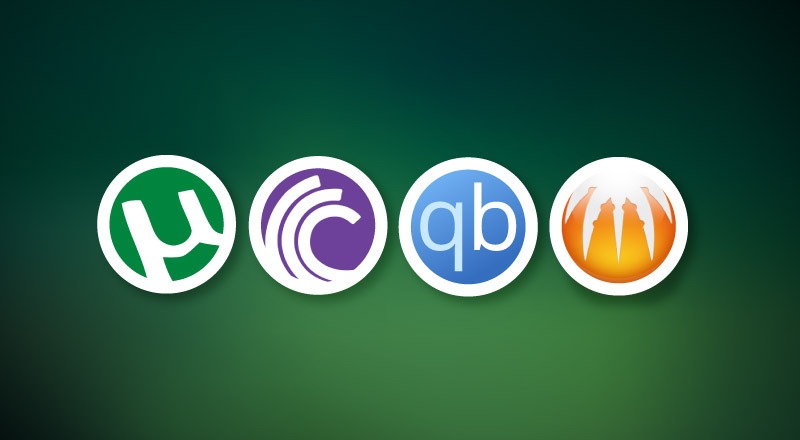

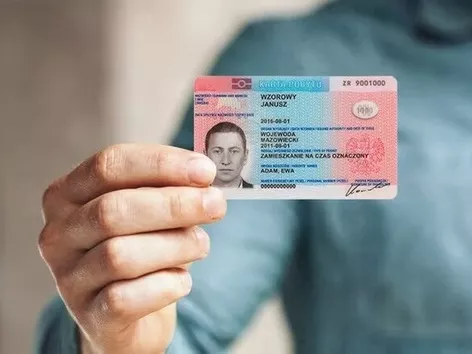






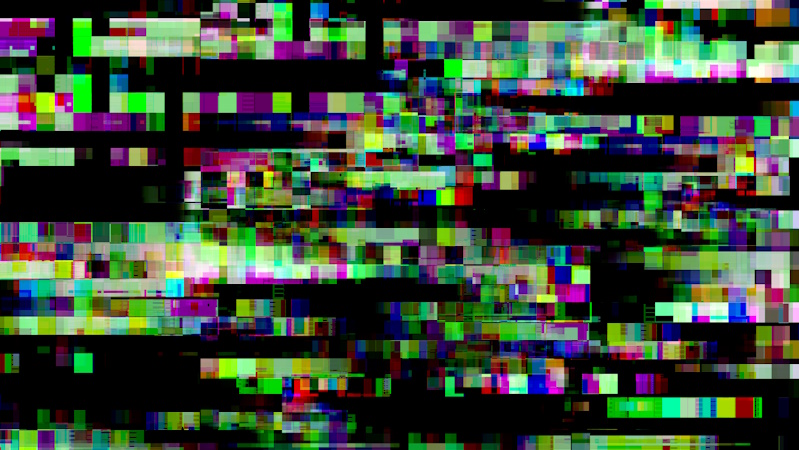


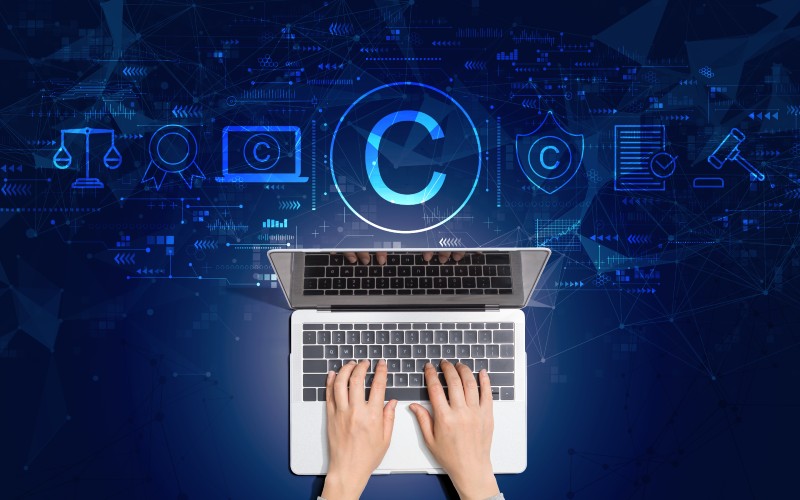







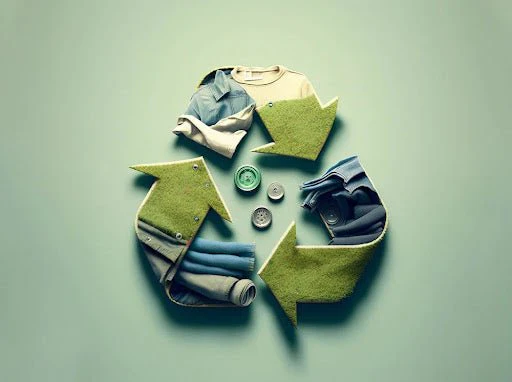
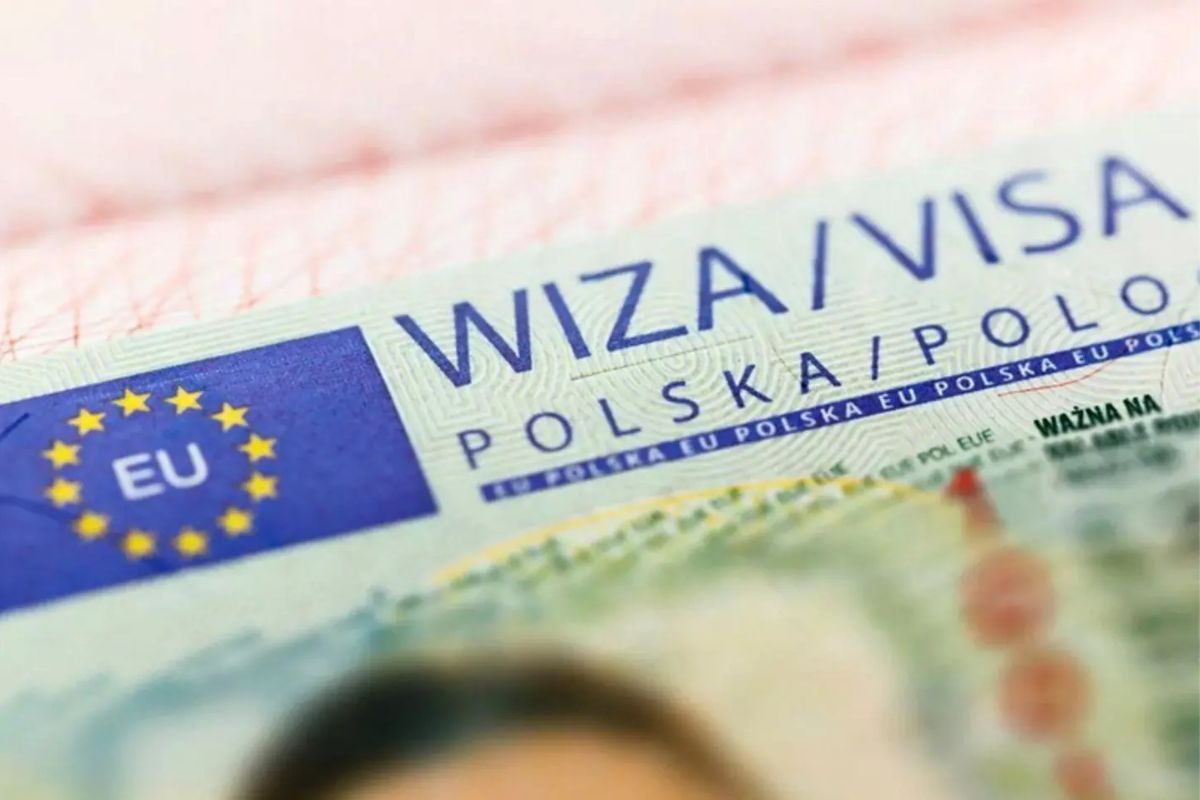



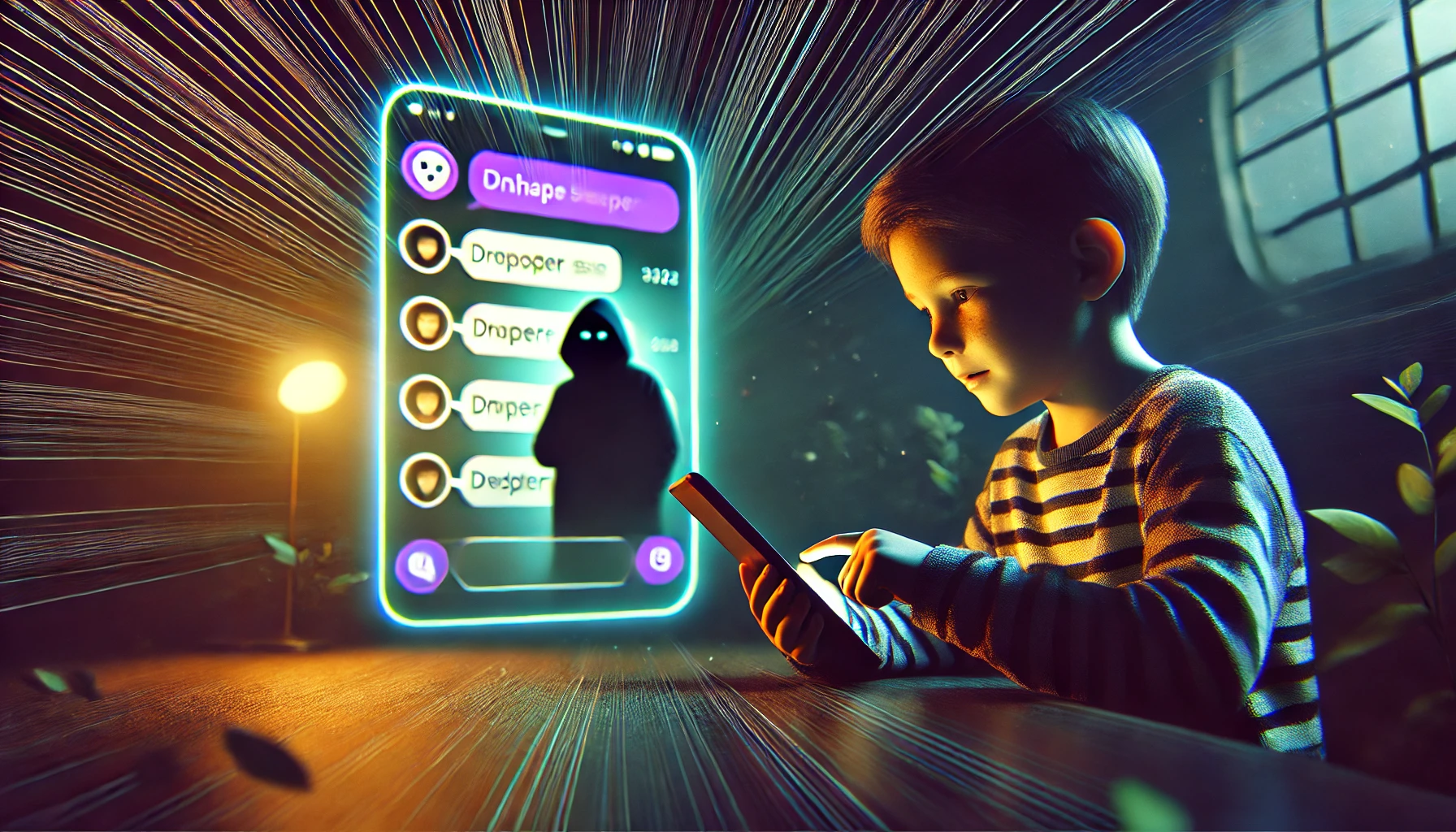


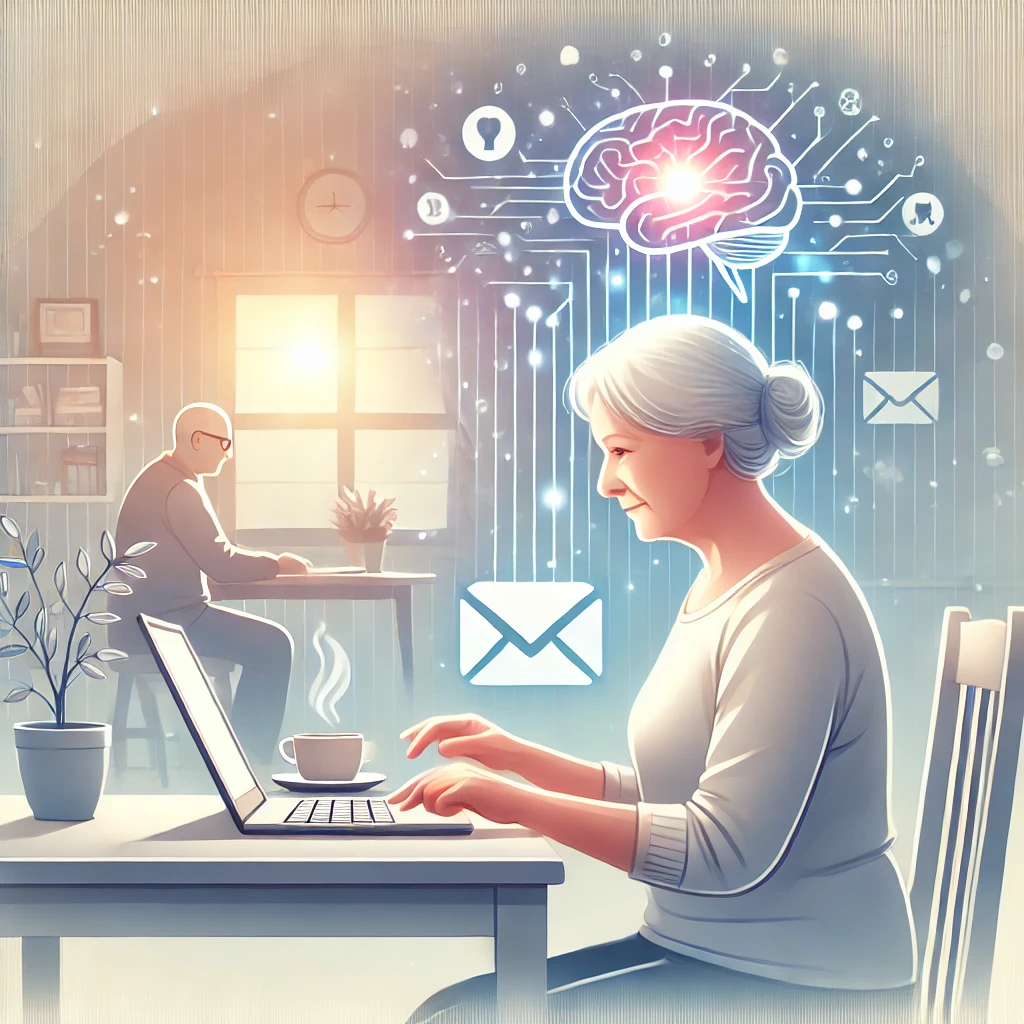
0 Comments